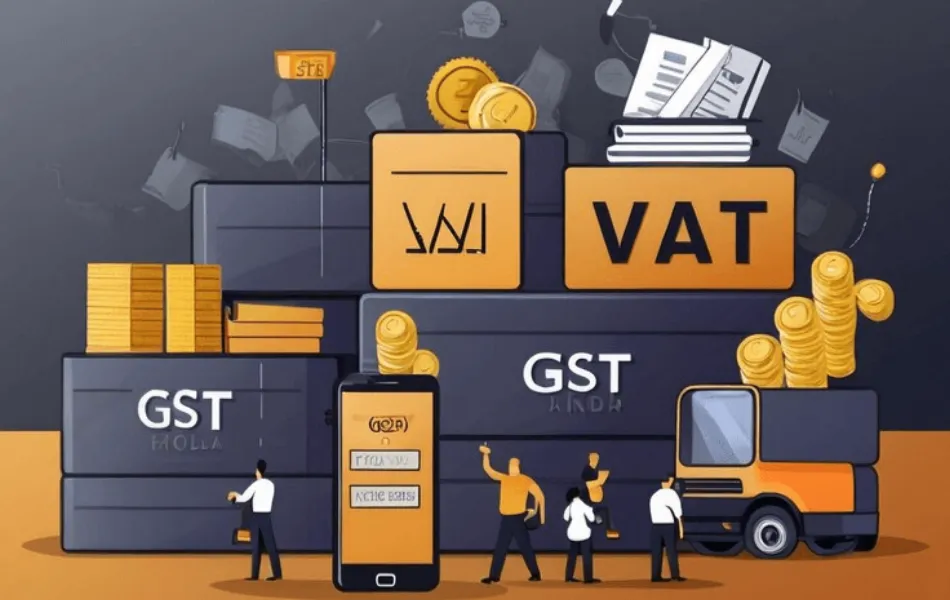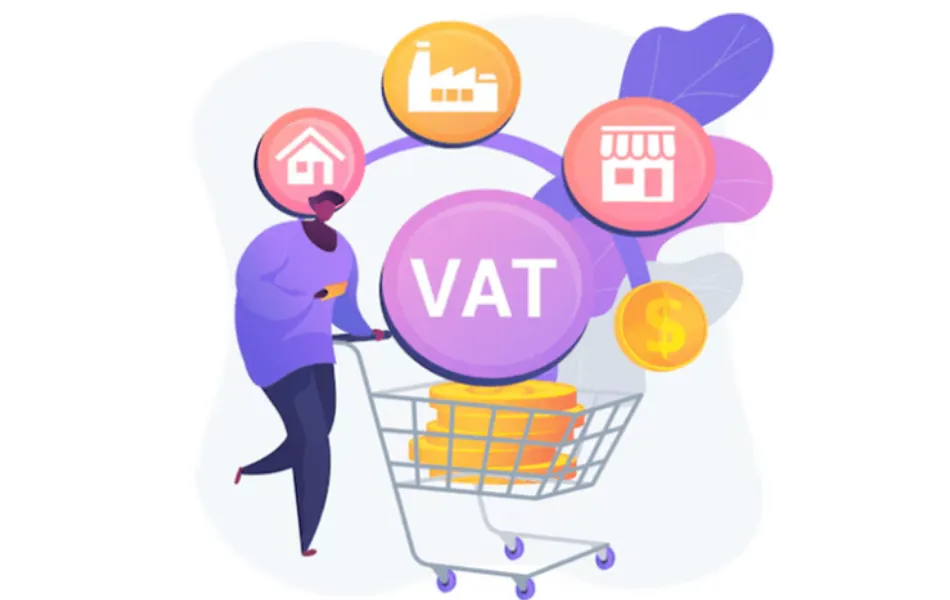
The National Treasury of South Africa is gearing up for significant changes to the Value-Added Tax (VAT) system as it pertains to online shopping and cross-border e-commerce. This move comes as part of the Draft Taxation Laws Amendment Bill for 2024, aiming to modernize the way VAT is collected on electronic services.
The rise of e-commerce has transformed shopping habits globally, prompting governments to adapt their tax systems accordingly. In South Africa, the VAT collection on foreign electronic services has faced challenges, particularly before 2014, when compliance was low. The introduction of the “reverse charge” mechanism by the South African Revenue Service (SARS) was an attempt to rectify this, but it resulted in lost revenue and an uneven playing field for local businesses.
In 2014, reforms were implemented to address these issues, effectively leveling the playing field by ensuring that foreign suppliers collected VAT on their sales. However, as the e-commerce landscape evolved, further adjustments were necessary. The 2019 changes expanded the scope of VAT collection to include a broader range of foreign electronic service providers, aiming to maximize revenue from both business-to-business (B2B) and business-to-consumer (B2C) transactions.
The latest proposal from the National Treasury seeks to streamline VAT collection by focusing on direct sales from foreign suppliers to South African consumers. According to tax experts at PwC, this represents a significant shift from the 2019 policy, as companies previously registered for B2B VAT collection may no longer need to comply with these requirements.
While the Treasury is optimistic about these changes, concerns regarding fairness and compliance remain. Stakeholders, including foreign suppliers and local retailers, are encouraged to engage in discussions about the proposed amendments. The government aims to ensure that these changes are not only effective but also equitable for all parties involved.

One of the key areas of focus is the competitive advantage held by international e-commerce giants like Shein and Temu. Local retailers have long argued that these companies benefit from lower tax rates, particularly on packages valued below Rs 500, which are subject to a 20% tax rate. Retailers contend that these companies strategically split larger orders into smaller parcels to evade higher import duties, placing additional pressure on South African businesses that face a tax rate of 45% plus VAT.
Jean-Louis Nel, a tax director at Van Huyssteens Commercial Attorneys, pointed out that this practice exploits the ‘de minimis' rule, allowing foreign companies to bypass significant tax obligations while local businesses struggle under heavier tax burdens. This disparity has led to calls for more stringent enforcement of tax regulations to ensure a level playing field.
SARS has committed to applying the same duties and taxes on clothing items under R500 as on larger orders. SARS Commissioner Edward Kieswetter has emphasized the need to eliminate the unfair advantages that international online retailers currently enjoy. With an estimated R3 billion lost in unpaid taxes, the government is taking steps to address these gaps in revenue collection.
As stakeholders await the finalization of the proposed changes, the upcoming consultations will be crucial in shaping the future of VAT collection in South Africa. The government’s proactive approach aims to not only boost tax revenue but also support local retailers in a competitive global market.
Proposed VAT changes reflect a significant shift in South Africa's approach to e-commerce taxation. By focusing on direct consumer sales and addressing the competitive landscape, the National Treasury hopes to foster a more equitable environment for all businesses involved in the digital economy.







